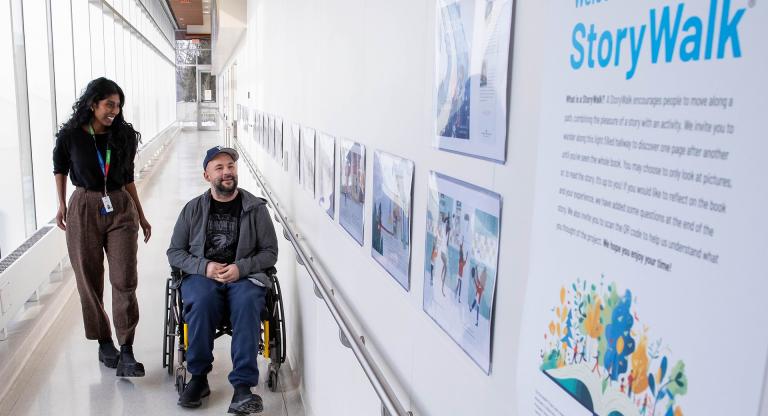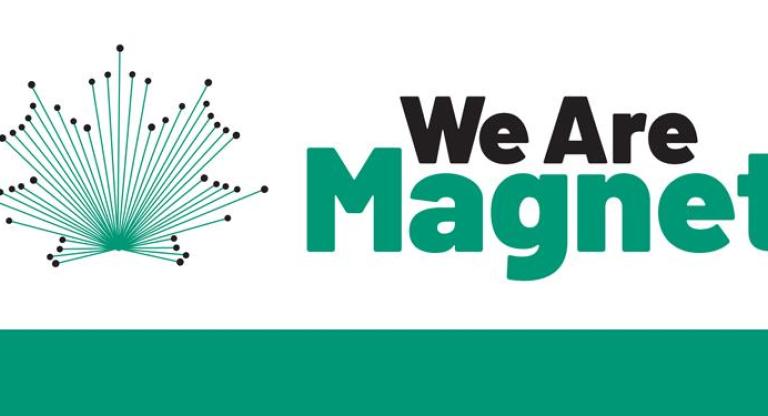Managing pain during pregnancy: a Q&A with Dr. Rebecca Titman

Pain during pregnancy is commonly accepted. Pregnant individuals can experience mild to more severe pain throughout each trimester, and while every case is different, it’s important to know when additional support is required.
The Pain in Pregnancy Program at Mount Sinai Hospital was developed in 2019 to help manage obstetric patients who have new or chronic pain in pregnancy. It offers both inpatients and outpatients pain management support with ongoing collaboration with their obstetrician and primary care provider.
We spoke with Dr. Rebecca Titman, Physical Medicine and Rehabilitation Physician, to learn more about the program and got her advice for pregnant individuals who may be experiencing pain.
Tell us about the patients coming to the program – why are they making a visit?
Some come for pre-conception counselling. These individuals might have a pre-existing chronic pain condition and want to know what their pregnancy could look like. We can counsel on the different options to manage pain before even getting pregnant. We typically see these patients very early on in pregnancy and continue to monitor for any new or worsening pain up until delivery or even postpartum if needed.
Most of our referrals are from our Obstetrics unit if a pregnant individual’s pain is worsening and really begins to impact their day-to-day function despite trying the usual things. Our goal for these individuals is to take the time to problem solve what is making their pain worse and to come up with ways to optimize their pain management during their pregnancy.
What are common pains experienced during pregnancy and how does the program support with pain management?
We treat patients experiencing pain in their lower back and pelvic area, as well as nerve conditions like carpal tunnel syndrome and sciatica. Options for medication during pregnancy are reduced, so we help create a multi-modal pain management plan along with the individual. We do a full assessment, look at the causes, share educational materials and advise what they can do in their day-to-day life to reduce and manage their pain. Movement is medicine, so we always look at ways our patients can keep active as part of their pain management plan.
Are there any ways to prevent pain during pregnancy?
While there’s limited data on this, there is evidence that those who are more active are less likely to have severe pain. Physical activity is important, so we always try to find ways to keep pregnant people moving, and encourage them to find the best exercise for them. I often suggest walking, because it’s accessible. Swimming is also great because it can help relieve the added pressure of the growing baby bump.
What advice or tips do you have for pregnant individuals to manage pain at home?
Take the time to care for yourself. Stay active in a way that feels good to you. Optimize your sleep as much as possible and try deep breathing, meditation or relaxation exercises. A regular stretching routine is a great option if you’re not ready for resistance training or aerobics. If you need guidance, find a physiotherapist or fitness professional with training in prenatal care or ask your prenatal care provider for more support. Aches and pains during pregnancy may be common, but they can be managed with the right support!
To learn more about the Pain in Pregnancy Program, visit our Pain Management Centre website.












